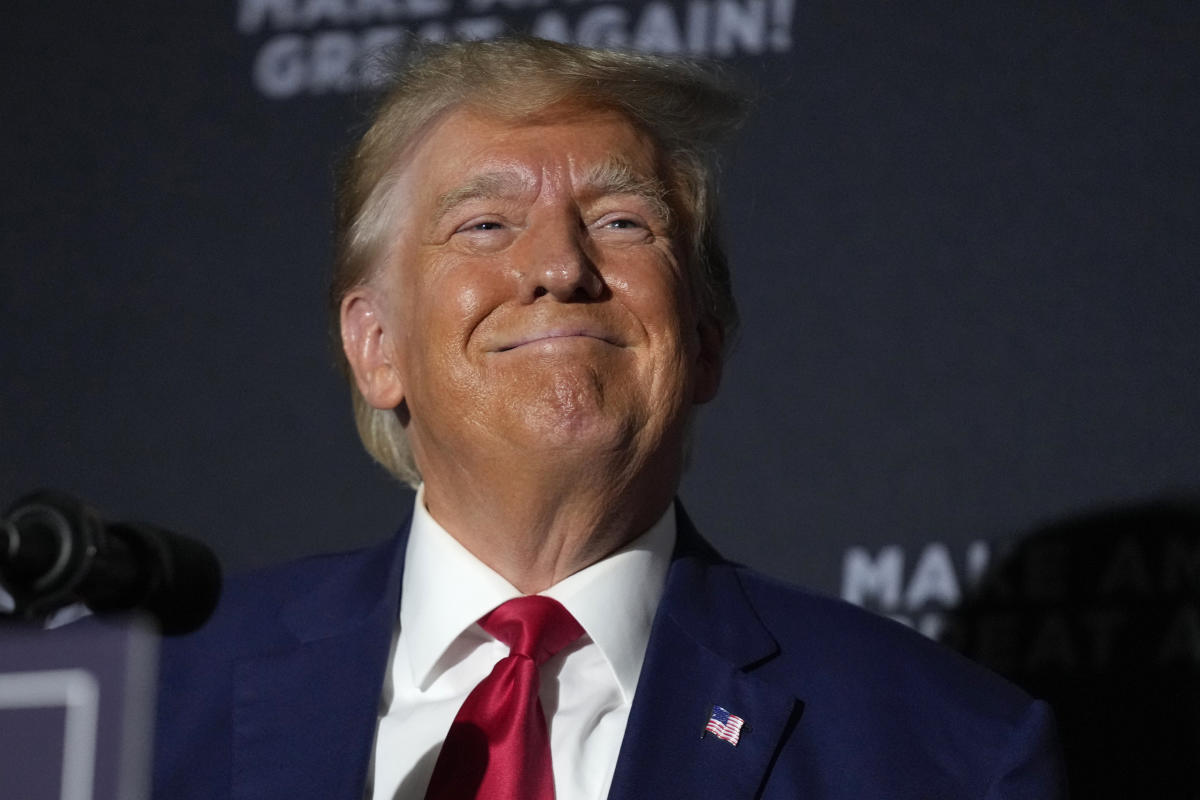Written by Kevin Yao and Samuel Shin
BEIJING (Reuters) – The “basket of measures” that China has promised to defuse local government debt risks will likely include special bond issuance, debt swaps, rollovers and something Beijing really hates: central budget immersion.
Local governments are central to the Chinese economy, with Beijing tasking provincial and city officials with ambitious growth targets. But after years of overinvestment in infrastructure, declining returns from land sales and rising coronavirus costs, economists say heavily indebted municipalities now pose a significant risk to the Chinese economy.
Chinese leaders last month pledged, without providing details, to help relieve their debts, indicating concerns about a possible series of municipal debt defaults that destabilize the financial sector.
Economists viewed this message as more constructive than in April, when Communist Party leaders demanded “strict control” of domestic debt. The implication, they say, is that Beijing has realized it needs an urgent injection of money to solve the problem.
This may represent a major progress in finding a way out of the municipal debt crisis in China, as Beijing has been asking local administrations for years to settle its situation.
“The domestic debt problem is complex, so you can’t simply say you don’t want to take responsibility,” said Guo Tianyong, a professor at the Central University of Finance and Economics in Beijing, explaining the Politburo’s guidance.
Two policy advisers told Reuters the extent of the central government’s involvement and any terms attached to it were still being discussed. Also, whether the package of measures will be short-term or a multi-year plan is still unknown.
These details will be key for investors to gauge how decisive and long-term Beijing’s solution will be.
“The scale of any restructuring and the scale of the problem that Beijing acknowledges are important to the success of this effort,” said Logan Wright, partner at Rhodium Group.
Beijing dilemma
Local government debt reached 92 trillion yuan ($12.8 trillion), or 76% of economic output in 2022, up from 62.2% in 2019. Part of it is debt issued by local government financing mechanisms (LGFVs), which cities use to raise money. money for it. Infrastructure projects. The International Monetary Fund expects LGFV debt to reach $9 trillion this year.
The central government, which has repeatedly warned of “hidden debt dangers”, fears the numbers will be even higher when accounting for any debt issued off municipal balance sheets.
It is an unsustainable situation that puts Beijing in a quandary: provide no assistance and the economic model disintegrates with dire consequences for growth and social stability, or intervene at the risk of encouraging more reckless spending.
“A principle must be established: the central government will not bear all the debts,” a political adviser told Reuters on condition of anonymity.
“This could lead to moral hazard.”
To avoid this risk, the chancellor suggested that all stakeholders bear some of the burden: financial institutions, local governments, Beijing, and society at large.
Options
Most economists expect Beijing to instruct state-owned banks to continue to roll over outstanding debt through long-term loans at low interest rates, a strategy often referred to as “stretching and pretending”.
However, banks need to be selective based on the scale and urgency of any refinancing assignment. Debt restructuring hurts their balance sheets, which hinders their ability to fund other parts of the economy.
“To maintain vital jobs you need transfers from Beijing, for your development you need to issue bonds – the central leadership understands that,” a source at a state bank told Reuters after a recent business trip to two provinces that are heavily indebted to many local governments.
Local governments themselves will have responsibilities, above all to get clean.
Local governments are likely to use remaining bond issuance quotas from last year to swap “hidden debt” for official bonds on their balance sheets, according to analysts, with up to 2.6 trillion yuan in issue.
Such a move has precedent. From 2015 to 2018, local governments issued about 12 trillion yuan in bonds for off-balance sheet debt swaps.
Beijing may also require some localities to sell or leverage assets to raise funds.
“The extension of local government debt, LGFV debt and actual restructuring is likely to be encouraged, especially with banks, while local governments may also be pushed to sell or mortgage some assets,” said Tao Wang, chief China economist at UBS.
Then comes frugal Beijing, which has the most room to maneuver, with central government debt at just 21% of GDP.
Beijing issued 1 trillion yuan in special bonds in 2020 to tackle the epidemic, 1.55 trillion in 2007 to recapitalize the sovereign wealth fund and 270 billion yuan in 1998 to recapitalize the “big four” state banks.
“The central government can issue low-cost bonds to replace domestic debt,” said a second political adviser.
The yield on Chinese government bonds for 10 to 30 years is 2.7%-3.0%. Some cities and LGFVs pay 7-10% interest.
Professor Guo said such swaps must exceed 1 trillion yuan this year to make a difference.
Analysts say more generous direct financial transfers to fund vital public services could be thrown into the trash. The trajectory is attested: the Ministry of Finance expects a record 10 trillion yuan in such transfers this year, up 3.6% from 2022.
In order for the domestic debt problem to stop recurring, policymakers need to make profound changes in how the economy operates.
BBVA analysts suggest relaxing growth performance criteria in assessing local government officials.
Ultimately, however, Beijing and Chinese society may have to accept lower growth after four decades of expanding at a dizzying pace.
“Whether Beijing will be able to accept a significant slowdown in local government investment, and therefore economic growth, will be one of the most important questions in any restructuring,” Rhodium’s Wright said.
($1 = 7.1780 CNY)
(Editing by Marius Zaharia and Lincoln Feist)



